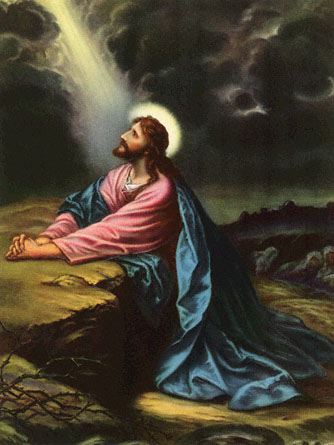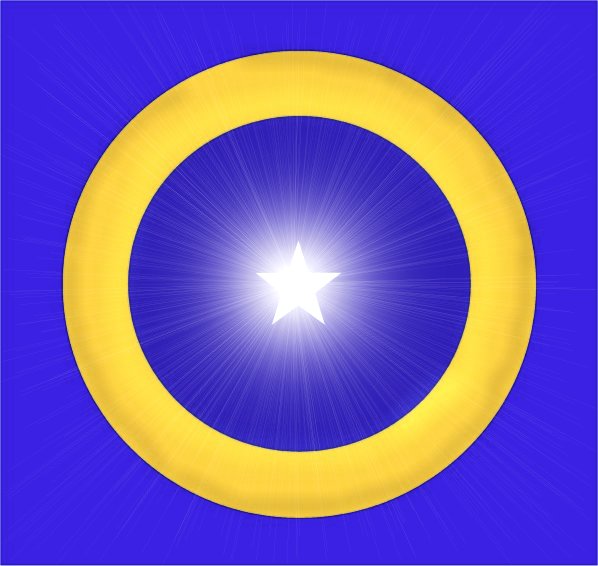

Back to Thoughts
[SRF Photos] [KCMG of SRF] [Christ & Krishna] [Yogananda in KC] [Babaji's Cave] [SRF Quiz]
[Saint Lynn] [Lotus Arch] [Excerpts] [SRF Links] [Thoughts] [Humor] [What's New]
Matt 6:22
The light of the body is the eye: if therefore thine eye be single, thy
whole body shall be full of light. (King James Version)
Quite often in meditation I have thought about the promise of Jesus in the verse quoted above. A flood of light enters my soul at those times and I have no doubt about this scripture’s meaning. I have also wondered about newer translations of the Bible which have translated the original Greek text differently without reference to the eye being single. Of course, Jesus most likely spoke these words in Aramaic and the Book of Matthew was written in Greek some 15 to 35 years after Jesus’ death. (We do not have the barrier of time separating us from Paramahansa Yogananda’s words and teachings.) Some of the newer translations of Matthew 6:22 are listed below:
Matt 6:22 The lamp of the body is the eye: if therefore thine eye be single, thy whole body shall be full of light. (American Standard Version)
Matt 6:22 "The lamp of the body is the eye; if therefore your eye is clear, your whole body will be full of light. (New American Standard)
Matt 6:22 "The eye is the lamp of the body. If your eyes are good, your whole body will be full of light. (New International Version)
Matt 6:22 "The lamp of the body is the eye. If therefore your eye is good, your whole body will be full of light. (New King James Version)
From the Interlinear Bible is the original Greek text with the King James translation underneath each word in the verse (I have omitted the accents in the transliterated Greek):
|
|
|
|
|
|
|
|
|
|
|
|
|
|
|
|
|
|
|
|
|
|
|
|
|
|
|
|
|
|
|
|
|
|
|
|
|
|
|
|
|
|
|
|
From Strong's definition of
the Greek word translated as "single":
573 haplous (hap-looce'); properly, folded
together, i.e. single (figuratively, clear): KJV-- single.
To modern day translators, the single eye makes no sense unless you are a yogi and practice meditation.
I once asked a Greek scholar about the verse and he said it was a figurative expression like "knee-high to a grasshopper". He said the expression means "to be without folds." In other words, "If thine eye be without folds,…"
In Mejda, p.283, Paramahansa Yogananda’s brother, Sananda Lal Ghosh, writes of a discourse Yogananda made on the Kutastha, the Spiritual Eye:
For a more extensive commentary on the Spiritual Eye by Paramahansa Yogananda see: The Bhagavad Gita: God Talks With Arjuna, Chapter VI: Verse 13, p. 610-612

